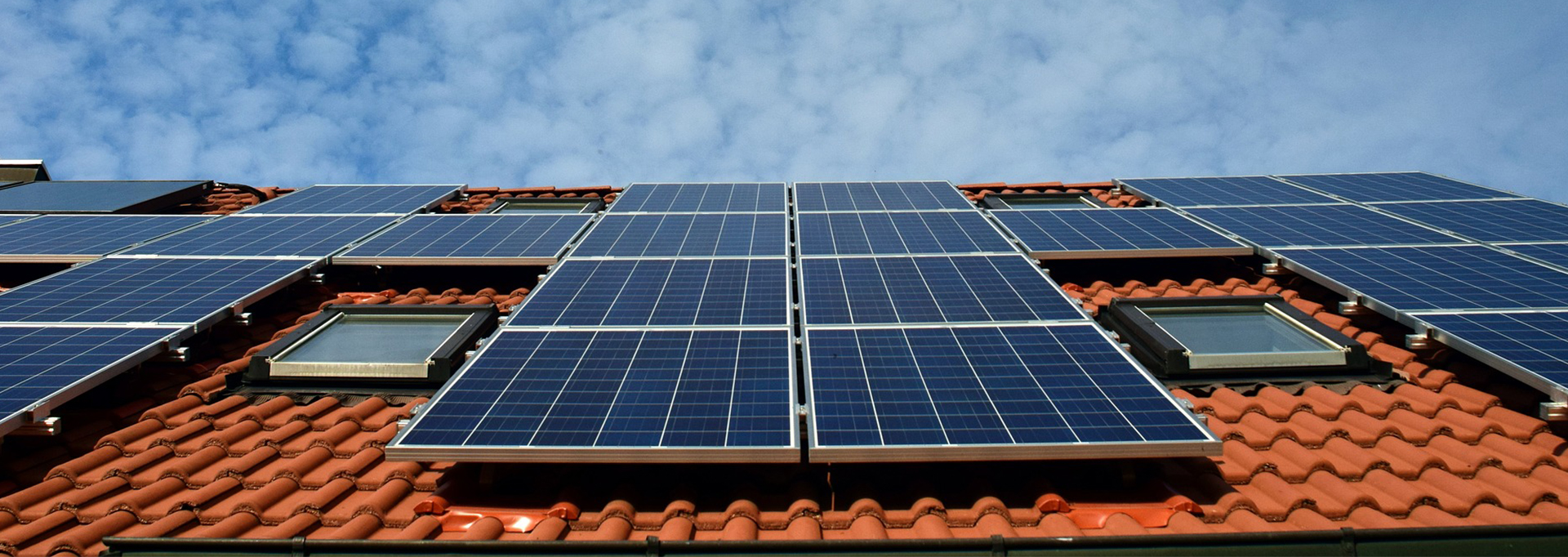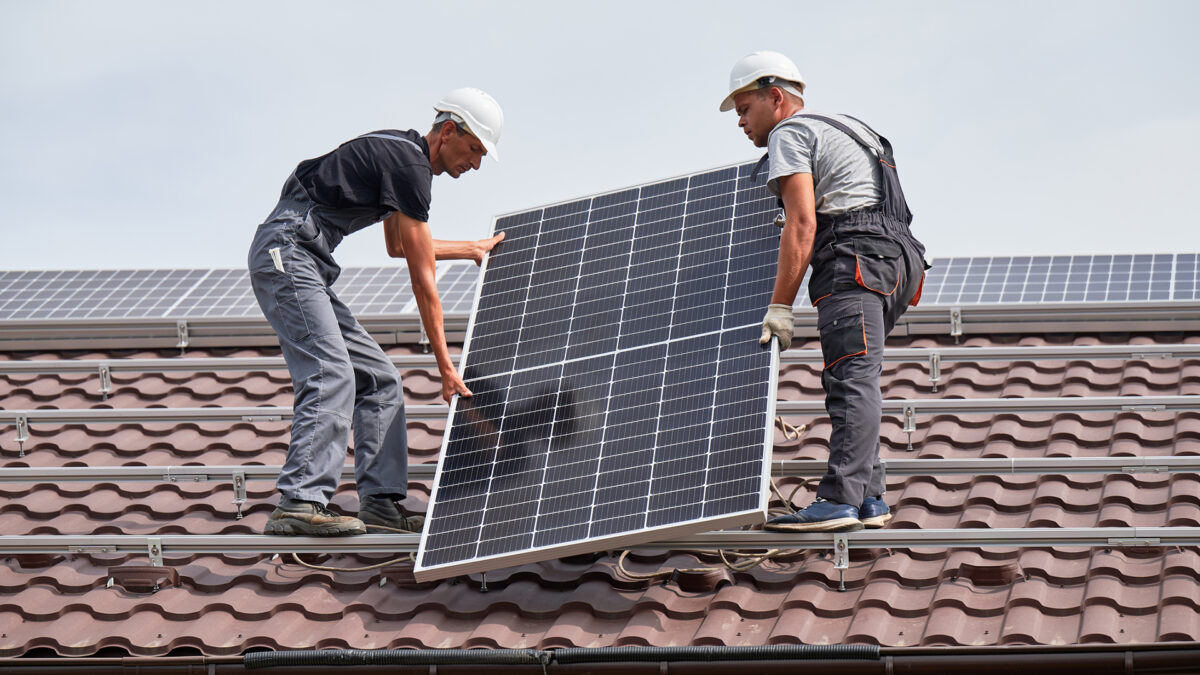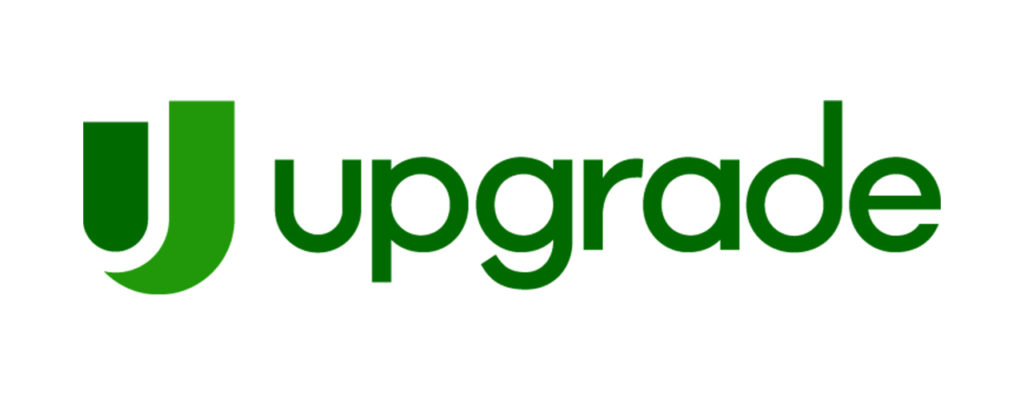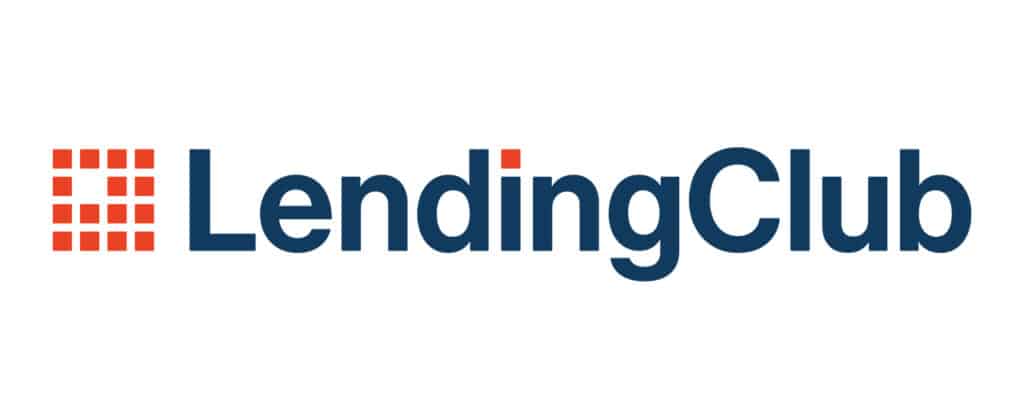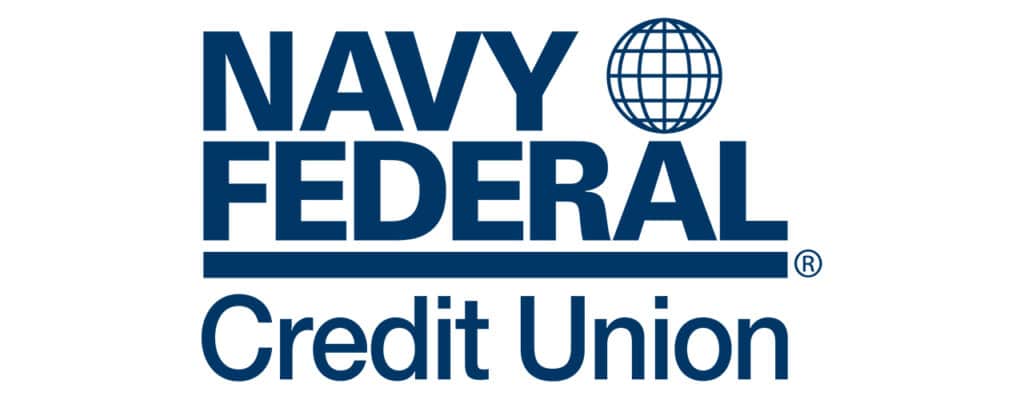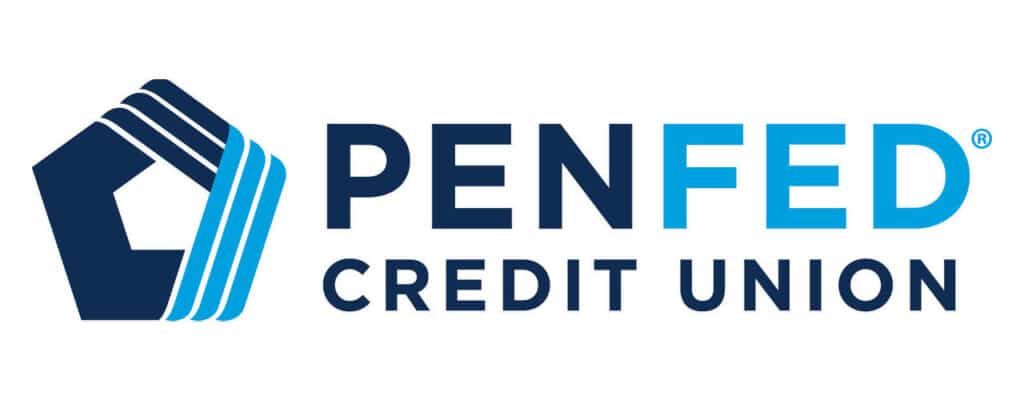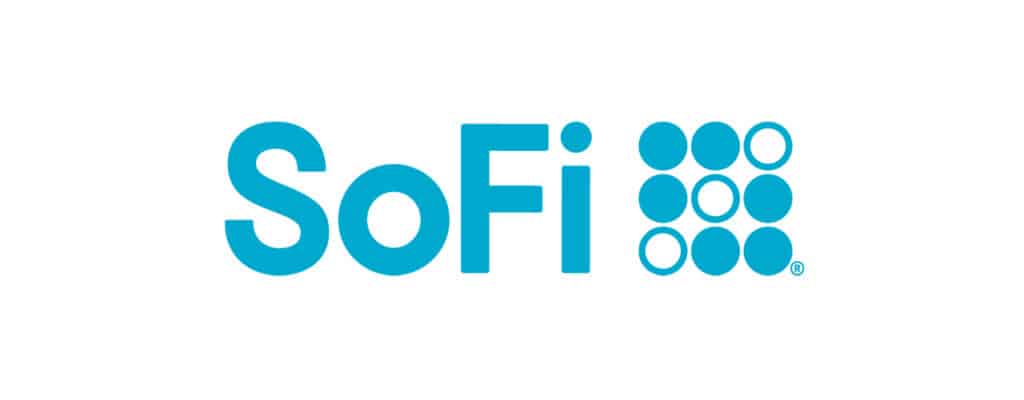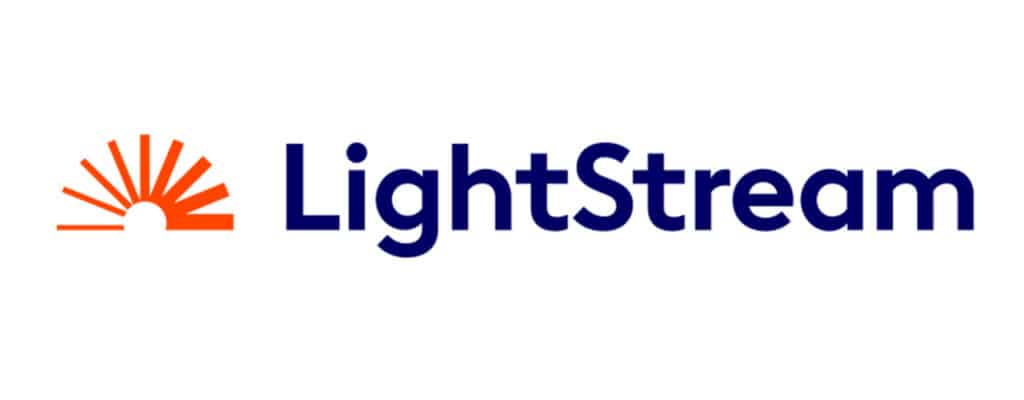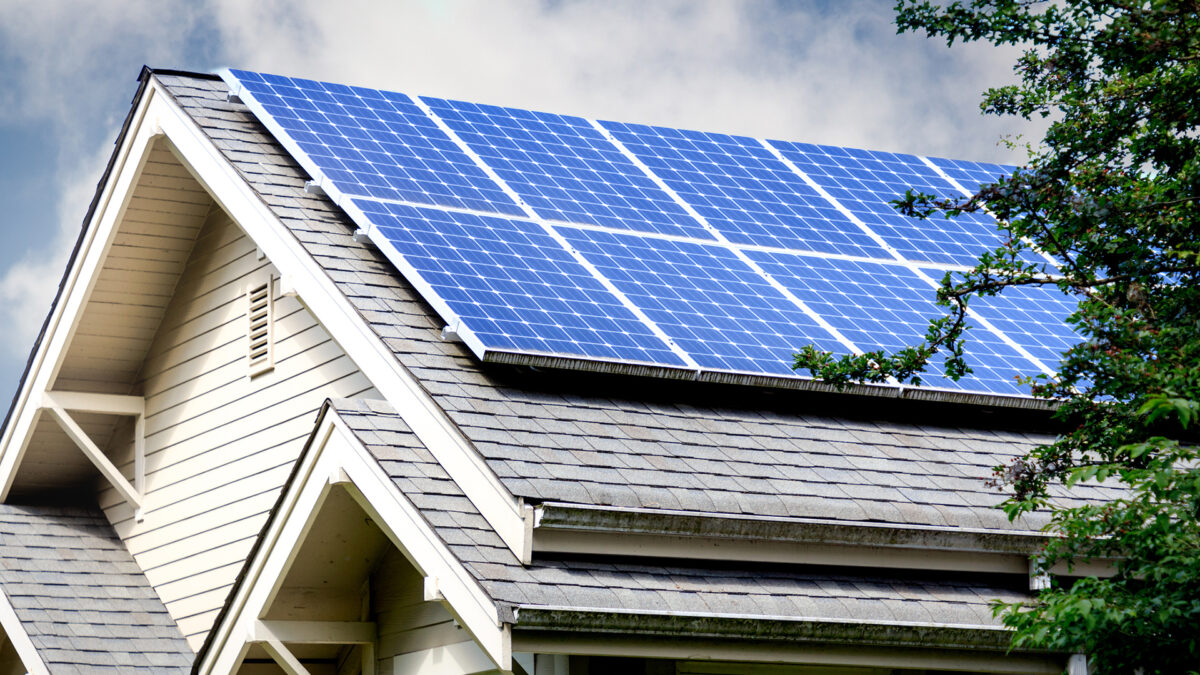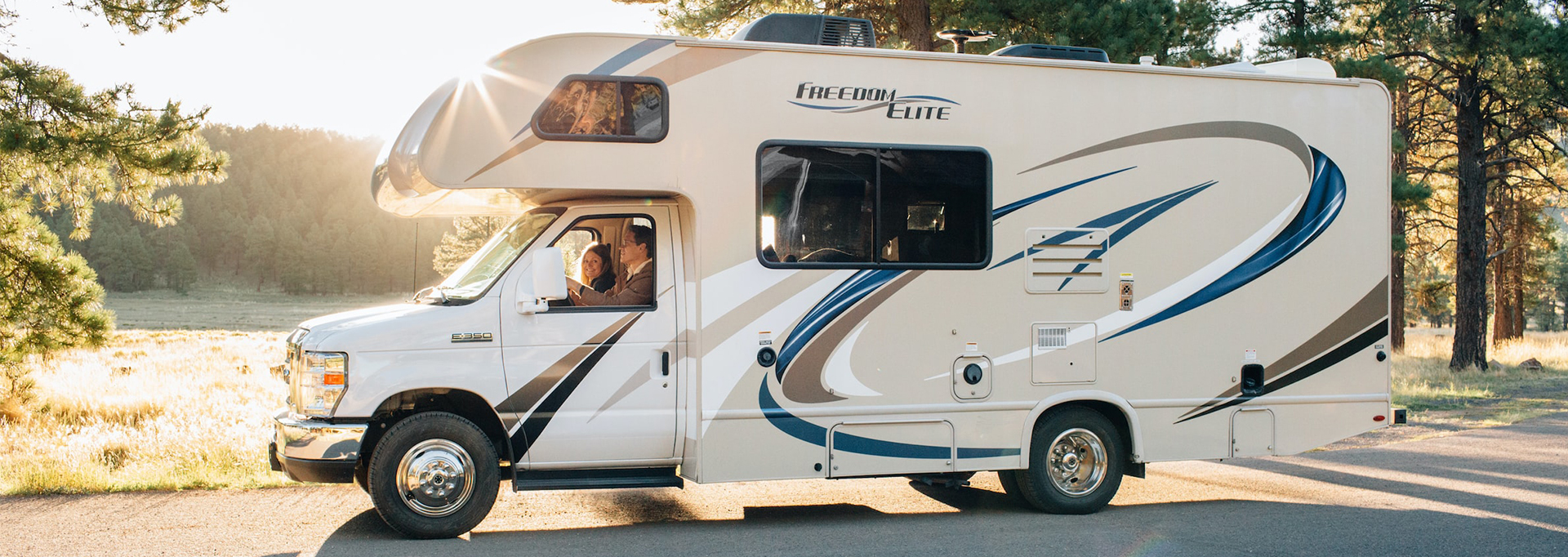Most products on this page are from partners who may compensate us. This may influence which products we write about and where and how they appear on the page. However, opinions expressed here are the author's alone, not those of any bank, credit card issuer, airline or hotel chain.
Solar panels have become a popular way to sustainably power homes. Even though it can be expensive to switch to solar energy, the long-term benefits are plentiful. And luckily, you have several options to pay for the upfront panel and installation costs — like a solar panel loan. Keep reading to learn more about solar panel loans and alternative financing options to consider.
How Much Do Solar Panels Cost?
Because of local pricing and availability, solar panel costs vary nationwide. According to the Solar Energy Industries Association (SEIA), the national average cost for an average-sized residential system is around $20,000. Of course, the solar company, panel type, energy needs, and installation fees all impact the total cost.
Do Solar Panels Qualify for Tax Credits?
The upfront costs of a solar panel system are substantial, but there are government incentives that can make them more affordable. The 2022 Inflation Reduction Act passed by Congress includes a 30% tax credit for all qualifying solar expenses for installations between 2022-2032. The credit allowance will decrease to 26% for panels installed in 2033, and it will drop to 22% for systems installed in 2034. The tax credit expires starting in 2035 unless, of course, Congress renews it.
Let's say you pay $20,000 to install a new system. With the recently passed act, you will be eligible for a $6,000 tax credit. There's no maximum amount you can claim, but you must own the system and it must be a new installation at a residence of yours in the U.S.
Not everyone has the funds upfront to pay for a new solar panel installation, but the good news is that personal loans are available to help you cover the cost.
Best Solar Panel Loans
- Best for Bad Credit: Upgrade
- Best for Fast Funding: LendingClub
- Best for Military Members: Navy Federal Credit Union
- Best for Competitive Rates: PenFed Credit Union
- Best for Longer Repayment Terms: LightStream
Loan results will vary based on creditworthiness, loan purpose, loan amount, and other factors.
Best for Bad Credit: Upgrade
Upgrade offers personal loans that are accessible to those with less-than-ideal credit profiles, although you can expect your rates to be higher than borrowers with good credit.
Upgrade
- Loan Amounts$1,000 – $50,000
- Loan Terms24 – 84 months
- APR Range8.49% - 35.99%
- Minimum
Credit Score560 or aboveA credit score is used to indicate the creditworthiness of an applicant, but it is only one of several factors considered for approval. These credit scores alone are not guarantees for approval and should only be used as guidelines.
Borrowers with less-than-stellar credit profiles may find Upgrade personal loans accessible, and its quick funding and flexible payment due dates convenient.
Overview
Upgrade offers personal loans that are accessible to those with not-so-ideal credit scores. The low loan minimum of $1,000 also makes it an easy choice for those with small financing needs. However, borrowers in certain states will be subject to higher minimum loan amounts. With this lender, you can expect to pay an origination fee. Borrowers can view their rate before applying without impacting their credit score. Overall, Upgrade is worth considering if you’re looking for a lender that is willing to work with lower credit scores and offers loans with competitive rates and flexible terms.
Pros
- Accessible to borrowers with bad credit
- Flexible loan terms
- Joint applications allowed
- Secured loan options
- Direct payment to creditors
Cons
- Has origination fees
- No physical branches
- Higher APRs than some competitors
Best for Fast Funding: LendingClub
LendingClub personal loans can be funded within 24 hours after approval if you're in need of quick funds for your solar installation project.
LendingClub
- Loan Amounts$1,000 – $40,000
- Loan Terms24 – 60 months
- APR Range9.57% – 35.99%
- Minimum
Credit Score600 or aboveA credit score is used to indicate the creditworthiness of an applicant, but it is only one of several factors considered for approval. These credit scores alone are not guarantees for approval and should only be used as guidelines.
Borrowers in the fair credit range who need a small loan can appreciate LendingClub's quick funding and option for direct payments to creditors with debt consolidation loans.
Overview
LendingClub can be a good fit for those looking to consolidate high-interest debt, as they offer the ability to pay your creditors directly from your loan. You can also use LendingClub loans for almost any purpose, from home improvements to medical bills. Eligible borrowers who need some assistance qualifying can apply for a joint loan, and borrowers can expect to receive funding as soon as 24 hours after approval. However, APRs do start at relatively higher rates than some competitors.
Pros
- Low minimum loan amount
- Fast funding for personal loans (receive funds as little as 24 hours after approval)
- Joint loans allowed
- Direct payment to creditors
- Check rates without a hard credit inquiry
Cons
- Has origination fees
- No physical branches
- Lower maximum loan amount than some lenders
Best for Military Members: Navy Federal Credit Union
Personal loans from Navy Federal Credit Union come with no origination fees, competitive rates, and the option to add a co-signer if you want to improve your chances of approval or your borrowing terms.
Navy Federal Credit Union
- Loan Amounts$250 – $50,000
- Loan TermsUp to 180 months
- APR Range8.99% – 18.00%
- Minimum
Credit ScoreNoneA credit score is used to indicate the creditworthiness of an applicant, but it is only one of several factors considered for approval. These credit scores alone are not guarantees for approval and should only be used as guidelines.
Personal loans from Navy Federal Credit Union come with no origination fees, quick funding, and can be a good fit for borrowers with less-than-ideal credit.
Overview
To qualify for Navy Federal Credit Union loans, you’ll need to be a member: you need to be a veteran, active-duty service member, Department of Defense personnel, or eligible military family member. In addition to offering co-signed personal loans for borrowers with less-than-perfect credit, Navy Federal Credit Union also offers secured personal loans. Borrowers won’t pay an origination or prepayment fee, and funding can be available as quickly as the same day. It’s worth putting this lender on your shortlist if your credit isn’t great and you’re looking to compare loan options.
Pros
- Fast funding available
- Minimum loan amounts as small as $250
- Lengthy repayment terms up to 180 months for home improvement loans
- Co-signer option available
- No origination fee
- Secured loan options available
Cons
- High minimum loan amounts for longer-term loans
- Need to be a member to get a loan
Best for Competitive Rates: PenFed Credit Union
PenFed Credit Union personal loans come with competitive rates, with a low maximum rate and a minimum rate that is lower than most competitors.
PenFed Credit Union
- Loan Amounts$600 – $50,000
- Loan Terms12 – 60 months
- APR Range7.99% – 17.99%
- Minimum
Credit Score700 or aboveA credit score is used to indicate the creditworthiness of an applicant, but it is only one of several factors considered for approval. These credit scores alone are not guarantees for approval and should only be used as guidelines.
PenFed offers no fees and small personal loans as low as $600.
Overview
While you will need to become a PenFed member if you decide to get a personal loan there, anyone can apply for membership and the process is quick and simple. Many lenders have relatively high minimum loan amounts, but PenFed offers loans as small as $600, with no origination fees and competitive APRs. If you’d like to view personal loan rates with PenFed, you can do so without impacting your credit score.
Pros
- Pre-qualification is available
- No origination fee, hidden fees or prepayment penalties
- Borrow as little as $600
- Allows co-borrower
- Funding as early as 1-2 business days after approval
Cons
- Must be a member to receive the loan
- No option for direct payment to creditors for debt consolidation
Best for Large Loan Amounts: SoFi
Borrowers looking for a sizable loan for their solar panel system will find SoFi's offering helpful, as they offer loans as large as $100,000. Keep in mind though, that not everyone will qualify for that large of a loan.
SoFi Personal Loans
- Loan Amounts$5,000 – $100,000
- Loan Terms24 – 84 months
- APR Range8.99% – 29.49%
- Minimum
Credit Score680 or aboveA credit score is used to indicate the creditworthiness of an applicant, but it is only one of several factors considered for approval. These credit scores alone are not guarantees for approval and should only be used as guidelines.
SoFi's personal loan offering comes with no fees required and a high loan maximum that may be a good fit for those seeking large loans.
Overview
SoFi offers a competitive personal loan product that boasts no origination fees, no late fees, and a high maximum loan amount of $100,000. SoFi is one of only a handful of lenders offering loans as large as $100,000. If you need a substantial loan to cover a considerable expense, like a home renovation, SoFi’s high maximum can be a strong option. One standout feature of SoFi is that it offers unemployment protection, which might allow you to pause payments if you lose your job. Same-day funding is also available for qualified borrowers
Pros
- No origination fees, no prepayment penalties and no late fees
- Loans up to $100,000
- Unemployment protection available
- Autopay rate discounts
- Co-borrower allowed
- Same-day funding available
Cons
- No physical branches
- High minimum loan amount
- Good credit likely required
Best for Longer Repayment Terms: LightStream
LightStream's personal loan repayment terms can be as long as 12 years, but your actual loan term may vary depending on many factors.
LightStream
- Loan Amounts$5,000 – $100,000
- Loan Terms24 – 144 months
- APR Range7.49% – 25.49% (with autopay)
- Minimum
Credit Score660 or aboveA credit score is used to indicate the creditworthiness of an applicant, but it is only one of several factors considered for approval. These credit scores alone are not guarantees for approval and should only be used as guidelines.
LightStream is a solid online lender offering no fees, high loan maximums and low-rate personal loans for several purposes.
Overview
LightStream offers personal loans for several purposes, including debt consolidation, medical expenses, home improvement, weddings, car purchases and more, making this worth considering for those seeking flexibility. The lender offers relatively low rates compared to competitors, including autopay discounts. Its personal loans also have no origination fees or late fees, which can help keep borrowing costs low. However, borrowers will likely need to have good-to-excellent credit in order to be approved for a LightStream personal loan. Overall, it’s a good lender to add to your shortlist if you’re looking for flexible funding, no fees and a low APR. Lightstream may also disburse loans as soon as the same day you’re approved, making this lender a worthy choice if you need fast funding.
Pros
- Low minimum APR
- No origination fees, no late fees
- High loan maximum of $100,000
- Autopay discount
- Joint applications allowed
Cons
- Rates and terms vary by loan purpose
- No soft pull prequalification
- Must have good-to-excellent credit
- No physical branches
How to Choose a Solar Panel Loan
There are many personal loans out there that can be used to finance a solar panel. Here's how to pick the right one.
1. Decide How Much to Borrow
First, determine how much your solar panel system and installation will cost. You'll need to factor in the cost of the materials, labor, and permits. Get quotes from various installers so you know exactly how much you need to borrow. Once you know how much to borrow, you'll want to look for lenders that offer your loan range.
2. Research Lenders
You have several options when it comes to lenders. Credit unions, banks, and online lenders all offer personal loans that can be used for solar panel financing. Some people may prefer to work with their current bank, or some may find lower rates with credit unions. Take a look at all of your options and research various lenders that appeal to you.
3. Compare Rates
It's a good idea to prequalify with a lending institution to see their loan rates and terms. Prequalifying does not affect your credit score, and it's a great way to compare loan offers from various lenders.
 Related Article
Related Article
How to Prequalify for a Personal Loan, and Why It Can Be a Good Idea
4. Read the Fine Print
Personal loans come with various fees, which can include origination fees to cover the cost of processing the loan. If a loan has origination fees, it is usually deducted from the total loan amount, so you'll need to borrow a little more to cover your expense. Always read the fine print to know what type of fees you'll be paying so you aren't surprised at the end.
Once you've found a loan that is the right fit, formally apply with the lender. Funds are usually disbursed within a few business days and are deposited straight to your account. Remember to keep up with your monthly payments to avoid falling into debt or paying late payment penalties.
Other Options for Solar Panel Financing
Solar panel loans aren't the only available option. You can also rent solar panels or utilize your home's equity as a loan.
Leasing Solar Panels
For some homeowners, leasing a solar panel can help them enjoy energy savings without making a large investment. Leasing eliminates the expensive upfront costs of buying solar equipment and having it installed. Another benefit to leasing is that the setup is managed and maintained by professionals who provide daily monitoring and an energy production guarantee.
A downside to solar leasing is that it doesn't increase the value of your home because the leased panels are not part of the property when the home sells. Another downside to leasing is that the panels do not qualify the owner for any tax breaks or incentives from the government. Any tax breaks provided benefit the solar developer rather than the homeowner.
Use Your Home's Equity
If your home has equity, there are a few ways you can get cash to put towards solar panels.
- Home Equity Line of Credit: With a HELOC, you receive approval for a line of credit, and then you can dip into it as needed. HELOC interest rates are typically variable, making the rate less stable than personal loans with fixed rates.
- Home Equity Loan: This common loan type allows you to use the home's equity as collateral for a loan. These loans are backed up by the value of the house, so they may have a lower rate in comparison to the average personal loan rate. Defaulting on these loans may result in foreclosure since the collateral is the home.
One thing to keep in mind is that with an option like a home equity loan or a HELOC, you may risk losing your home if you can't make the payments because you're putting your home up as collateral. So it may be a good idea to only go for one of these funding options if you're very confident in your ability to make the payments—even if you were to be without work for a little while or go through another type of financial hardship.
The Bottom Line
Personal loans and other financing options can make solar panels accessible to many households. But before you commit to a loan, you should make sure you understand the terms and rates of each lender on your list. Spend time researching and carefully comparing each lender's offerings so you can find the best one for your needs.
FAQs
-
If you can afford to repay the loan and want to reap the environmental benefits of owning a solar panel, then financing a solar panel is worth it. In most cases, you can still continue to enjoy the savings generated by your solar panel long after you've paid off the loan.
-
Yes, it is still possible to get a solar loan with bad credit. Look for lenders that have flexible credit requirements, or lenders that allow you to apply with a co-borrower or co-signer. While the lender will look at your credit score and debt-to-income ratio, there are ways to go solar even if you don't have perfect credit.
-
Paying cash is the cheapest option option because you do not have to make interest payments or pay any lender fees. But if you don't have cash savings available or prefer to maximize your cash elsewhere, then getting a solar loan can make sense.
-
Depending on the lender, you can get a personal loan with a repayment timeline of up to 12 years. If you choose to get a loan based on your home equity, the payments can be as long as your mortgage, up to 30 years.




